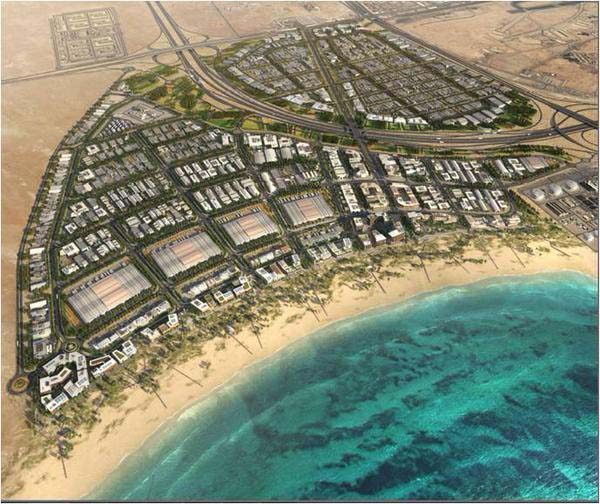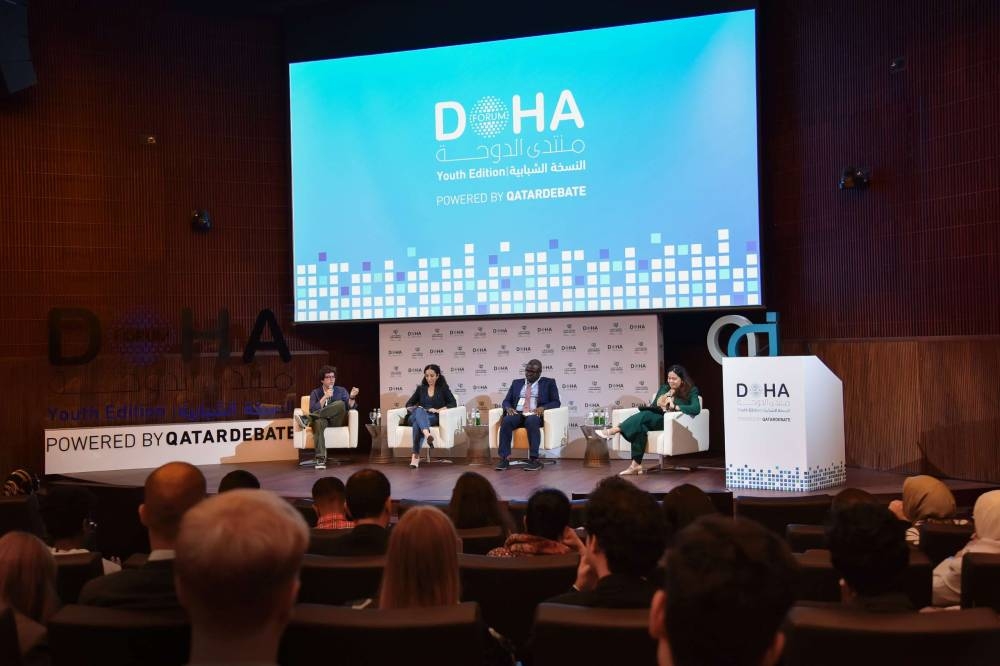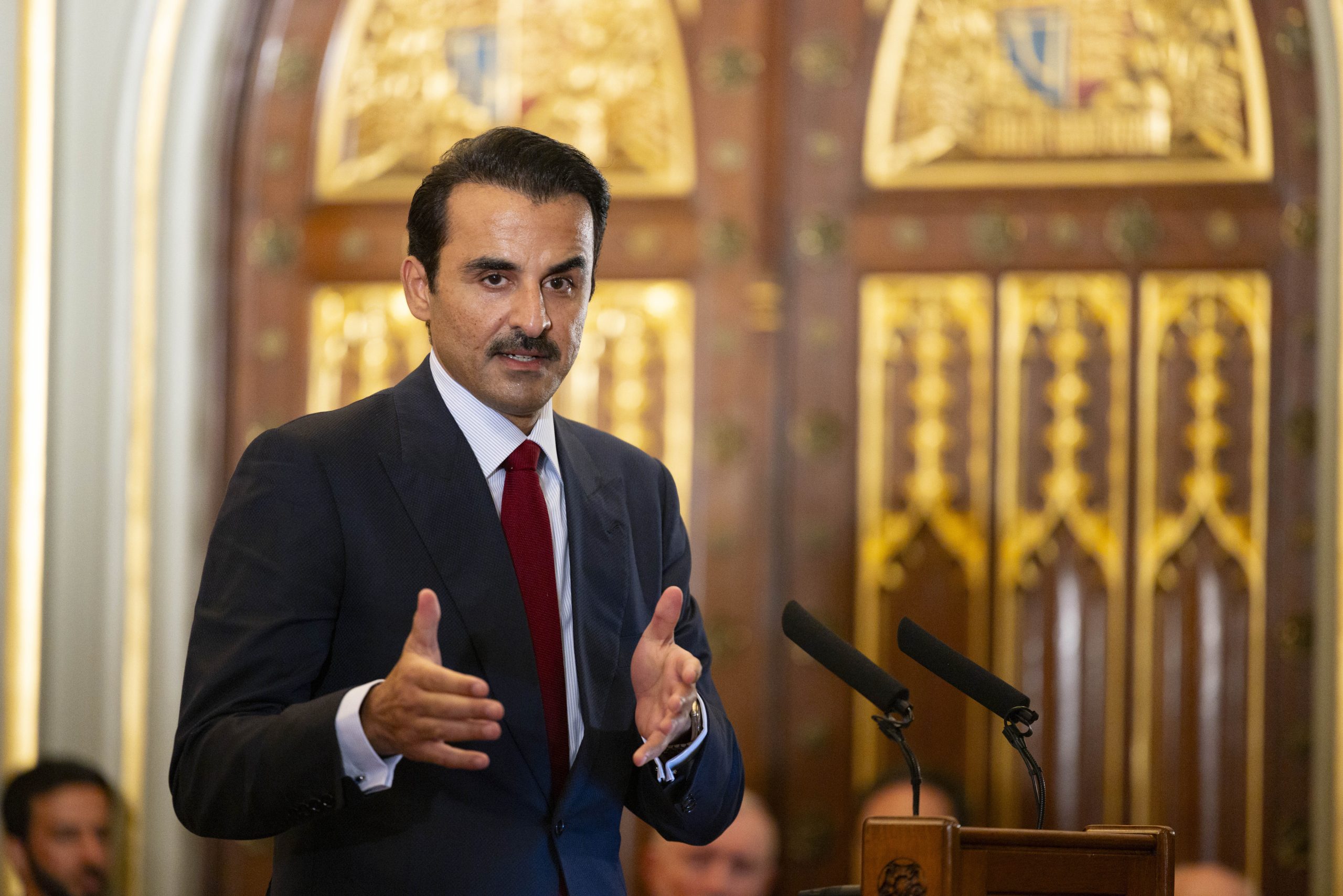
Businesses setting up in Qatar’s new special economic zones should be allowed to repatriate all of their revenue, investments and capital abroad, QNA reports.
The country’s Cabinet yesterday approved a draft law based on a proposal from Manateq, the company in charge of developing, maintaining and running the zones.
Once in effect, the law will regulate Manateq and give it a 50-year license to run the zones.
Businesses in the zones can also be entirely foreign-owned. Apart from firms in the Qatar Science and Technology Park and under the Qatar Financial Center, all companies in the state are typically required to have a Qatari partner, who will own at least 51 percent.
According to the provisions of the new draft law, companies licensed to work in the zone would be subject only to the rules there, and would not need to get approvals, licenses or follow legislation that would apply to firms elsewhere in the country, QNA added.
What are the zones?
Economic zones are typically set up by governments to provide incentives for foreign investment, as well as create jobs and boost trade.
Plans have already been announced for state-run company Manateq to set up three economic zones in Ras Bufontas east of Al Wakrah Road; in Al Karana, south of the Industrial Area; and at Um Alhoul near Hamad port, south of Al Wakrah.
A joint venture between Qatar-based UrbaCon Trading & Contracting (UCC) and Spanish firm Sacyr was last year awarded a QR1.69 billion contract for design and construction of the Ras Bufontas zone, near Hamad International Airport.
This zone will be 4.01 square km in size – the smallest of the three – and serve as a hub for healthcare and medical devices, aerospace and automotive, advanced technology, logistics, and business services, according to Manateq’s website.
The site is expected to be completed in phases, with the first sector going online by March 2017. The others will be developed in 2018 and 2019.

The Umm Alhoul site, at 33.52sq km, was formally launched last March as a light-manufacturing site, attracting businesses in petrochemicals, building materials, maritime, metals, logistics, food processing and automobiles, tools and machinery. French group Egis won a five-year contract to supervise design and construction, it said in a statement on its website.
The first phase of that zone is expected to be completed by this summer.
The Al Karana site will be the largest at 38.43sq km in size and will be situated about halfway between Doha and the Abu Samra border with Saudi Arabia.
It will target businesses involved in building materials, machinery and fabrications, specialized spill over industries, safety and maintenance and specialized warehouse/logistics activities.
Thoughts?







